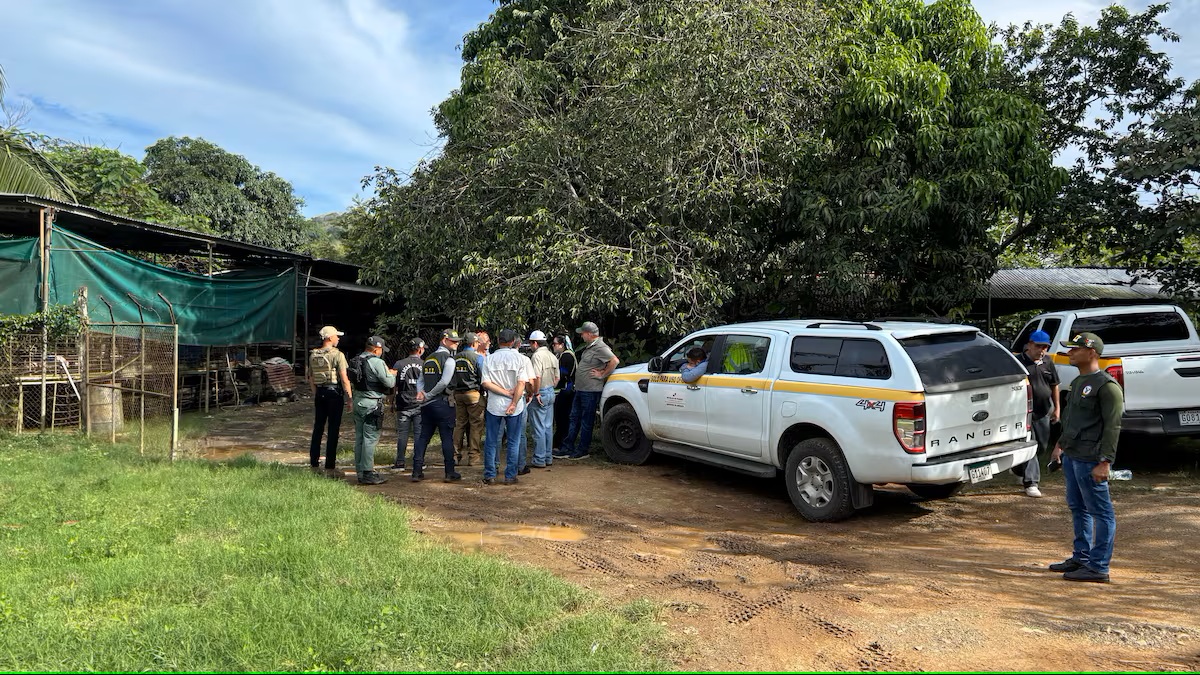In Response to the Water Crisis in the Azuero, Pig Producers Offer Technical Support

Panama’s pork producers’ associations offered technical support to any pig farm owner who needs it to address the water crisis in Azuero. They stated that they aim to collaborate with the authorities, especially the Ministry of the Environment, to ensure that all producers have the necessary tools to enable them to produce responsibly and sustainably within the context of a circular economy.
There are Regulations for Companies to Make Adjustments in Order to Avoid River Pollution
Resolution 026 dates back to 2008, and since then, all companies discharging untreated water must implement appropriate processes to prevent contamination. On the other hand, many wastewater treatment plants fail to comply because they cannot treat 80% of the solids. There are a series of mechanisms that should have been put in place to prevent the water crisis currently affecting the Azuero region.
In response to the contamination of rivers in the Azuero region, Alexis de la Cruz, regional coordinator of Water Quality for the Ministry of Health (Minsa) in Los Santos, explained that according to Resolution 026, every company or activity that uses untreated water must adapt to treatment processes. The official said this resolution dates back to 2008, and since then, all companies that discharge untreated water must have compliance processes. He explained that we have many areas of contamination, such as oxidation ponds. On the other hand, many wastewater treatment plants fail to comply because they cannot treat 80% of the solids. This indicates that most of these plants are aerobic and only remove a percentage of the waste.
The expert also explained that all water intakes for water treatment plants must be maintained, protected, and kept away from any source of contamination, since they draw water from the river and therefore the concentration of contaminants must be low. He reported that rivers have their own characteristics and experience high levels of human and agricultural activity, and that adjustments are necessary in response. De La Cruz also stated that agricultural and livestock activities depend heavily on water, generating a lot of movement in the middle and lower reaches of the river. He emphasized that Panama has many environmental regulations, most of them on paper, and nothing is enforced.





